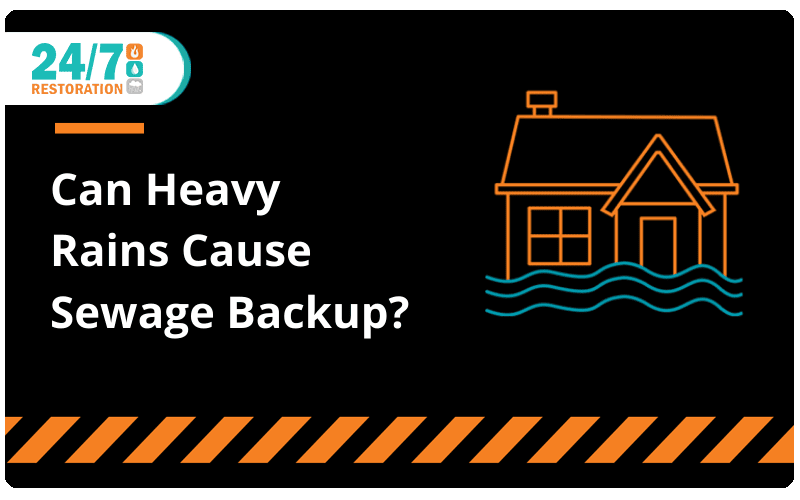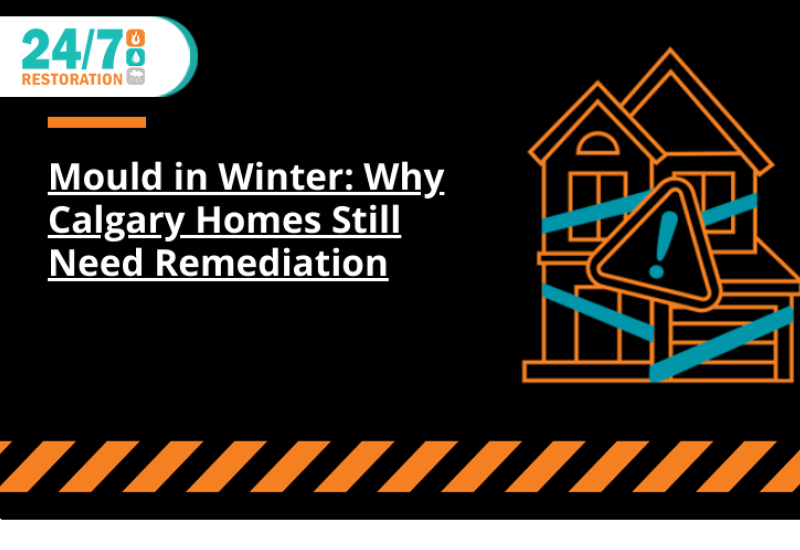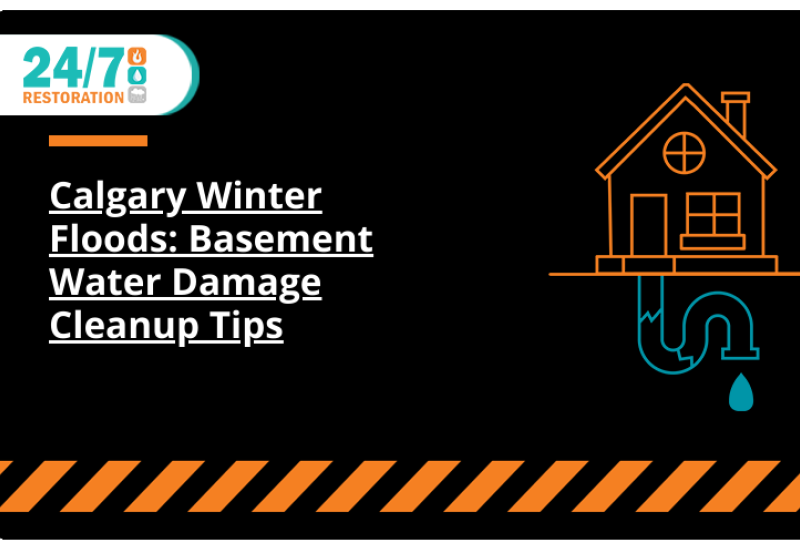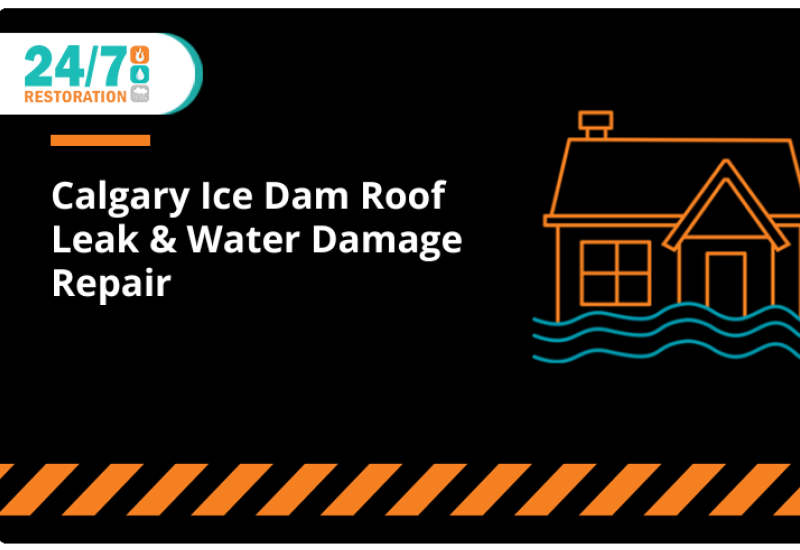Sewage Backups During Storms
Heavy Rains And Sewage Backups
When there are heavy rains (or large snowmelts), the municipal sewer system that is designed to take water away from the home can actually backup. The sewers can become overwhelmed and water can start to flow backward and into the home through drains. Sewage backups are most common in basements and can cause major damage in the home, including the destruction of the flooring, baseboards, drywall, furniture, possessions, and more.
Signs Of Sewage Backup
Before a sewage backup begins, there are often indicators. Assume a sewage backup is imminent if you notice:
- A Bad Smell. Sewage has a terrible odor, so if it’s coming back through the drains you will be able to smell it. A backup will also prevent the water from moving freely, leaving it stagnant in your pipes and making the smell worse. If you do start to smell sewage, call a sewer backup cleanup company right away and try not to inhale the foul-smelling air, as it can be contaminated with bacteria.
- Water Around Floor Drains. The floor drains are the areas most likely to backup first. Any floor drains will usually backup before a toilet does. If it’s raining heavily outside and you notice water around your floor drains, it is likely wastewater.
- Gurgling Sounds. This is often an indication of slow drainage. If your toilet is gurgling or you hear bubbling noises while using appliances such as washing machines, a sewage backup may be imminent.
- Slow Drainage. If sewage water is backing up, the water going down various drains will not be able to make its way through and will cause slow drainage. If only one drain is not draining, it may be a clog, but if multiple drains are slow, it is likely a backup.
- Heavy Rains. If your drains were all fine until a downpour hit and then you suddenly experience drainage issues, it is often safe to assume you will have a sewage backup. When heavy rains cause any form of flooding in the street, it means that the municipal drains are at capacity and water will begin to flow backward into the homes. Be on the lookout for any street flooding or intense rain to help protect your home from sewage backups.
What To Do About A Sewage Backup
If your home has a sewage backup, call a restoration cleanup company right away. Sewage water contains bacteria and microbes that are dangerous and the sewage water should not be handled by anyone without hazardous material training. You should also avoid breathing in the air around sewage water, as it can be contaminated with microbes. If your home is flooding, you should turn off the electricity to the flooded areas to avoid electrifying the water or causing further damage to your home. If you need to interact with the sewage water to get to your power box, ensure you are wearing rubber boots and other skin protection as well as a respirator. If you get any sewage water on your skin, wash it off right away. Wash any clothes that touch the sewer water.
Sewage Backup Cleanup In Calgary
If you have a sewage backup, don’t panic; call an expert cleanup crew to keep you, your family, and your home safe from toxic sewage. When a rainstorm hits and sewage backup gets into your home, 24/7 Restoration can perform quick sewage backup cleanup to keep your home safe. The professionals at 24/7 Restoration are trained to clean up and handle hazardous category 3 water contaminations and to handle any and all sewage backup issues you might face. If your home has sewage backup, don’t let it sit; call 24/7 Restoration at 1-403-247-4365 or fill out the online contact form. Our emergency line is operational 24 hours a day, 7 days a week so that you can call anytime disaster strikes and receive skilled, prompt service from our team of restoration experts.
FAQ
Q: Does 24/7 Restoration charge for estimates?
A: Our estimates are 100% free and we are committed to being super responsive when flooding occurs in your home or business.
Q: Can I use bleach to clean up my sewage backup?
A: No. While bleach kills 99% of common household germs it DOES NOT remove or kill the contamination caused by blackwater. While bleach may clean the stains associated with a sewer backup the contamination left behind still poses significant health risks.
Q: Is there any way to guarantee my basement won’t have a sewage backup?
A: Having a backflow valve installed is a great way to reduce the risk of flooding and subsequent flood and water damage, but there’s no way to guarantee. Having the 24/7 Restoration phone number handy is another step for preventing flood damage, as the sooner you call, the sooner the damage can be fixed.




